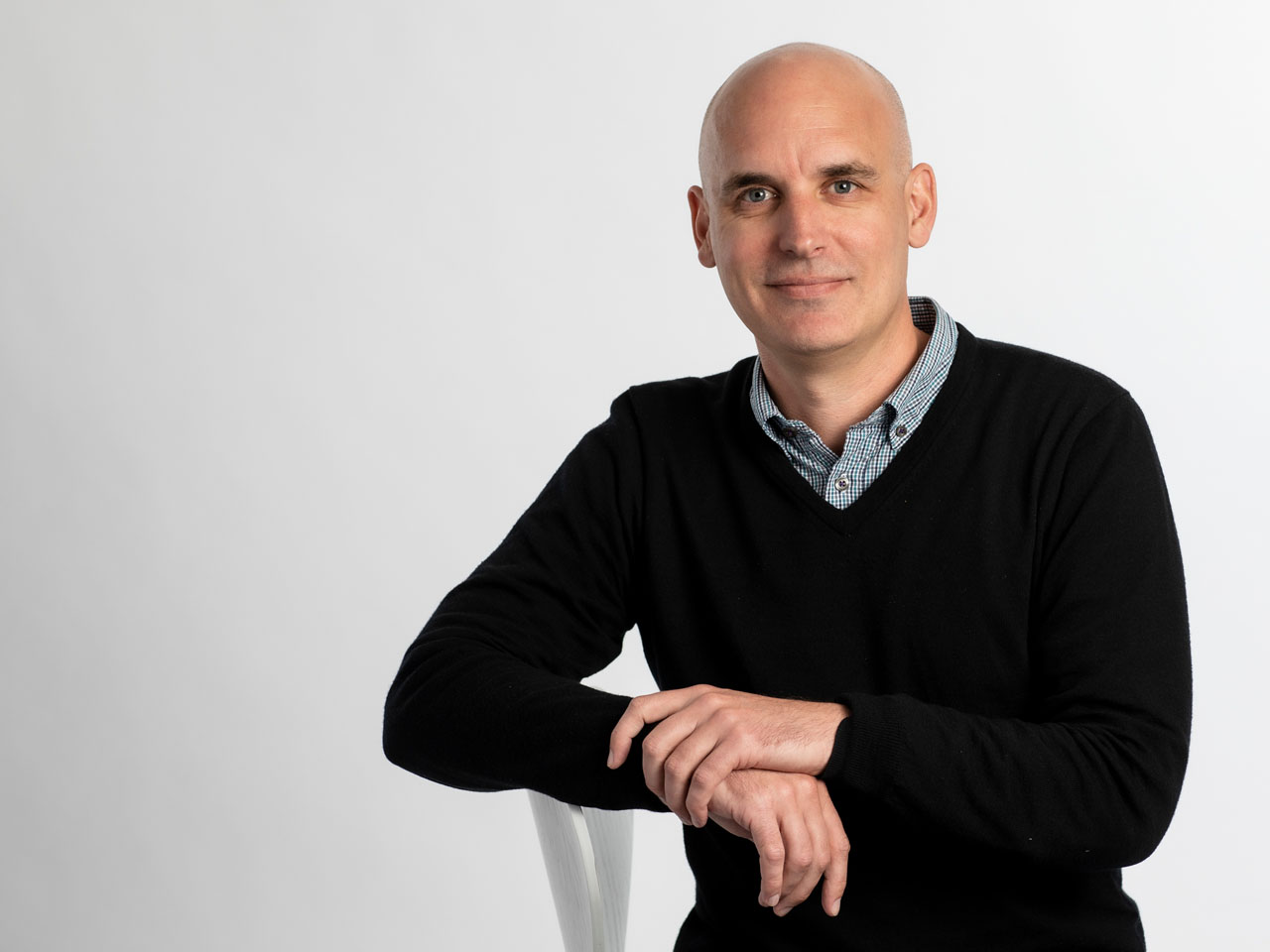My research investigates immune tolerance and seeks to develop new immune therapies for type 1 diabetes and other autoimmune diseases.
Our recent work has focused on how immune pathways control the function of effector and regulatory T cells (Tregs) in the context of autoimmunity. Our studies investigating Type 17 immune pathways in preclinical models of type 1 diabetes have revealed important roles for IL-17 family receptors in diabetes progression. These are linked to changes in T cell function and altered composition of micro-organisms in the gut, such as bacteria.
We have also recently identified factors that can suppress the function of Tregs in type 1 diabetes models. Further study of these pathways may lead to the development of Tregs that have enhanced suppressive functions that could be used to prevent or treat type 1 diabetes.
Key achievements
2017-2021 JDRF International Career Development Award
2016-2017 Diabetes Australia Millennium Award Type 1 Diabetes
2010-2012 JDRF International Postdoctoral Fellowship
2007-2009 NHMRC CJ Martin Postdoctoral Fellowship
2002-2005 Australian Postgraduate Award, Postgraduate Scholarship; University of New South Wales, Faculty of Medicine Postgraduate Scholarship; Cooperative Research Council for Asthma Postgraduate Scholarship; Garvan Institute of Medical Research Postgraduate Scholarship
Immunology
We study the precise mechanisms by which T cells destroy beta cells – the ultimate cause of type 1 diabetes – and test ways to prevent this from happening.
Lab head: Professor Tom KayRelated news

May 2023
Diabetes Australia grant supports new generation research
Recent research has shown that Tregs, a particular type of immune cell, control the autoimmune responses that cause type 1 diabetes.